Eid fled war-torn Afghanistan at age 14, leaving his family and his small motorcycle repair shop behind. He sold the shop and gave most of the money to his parents and siblings before leaving on an eight-and-a-half-month journey to Switzerland.
Like many refugees, Eid — identified here by his first name only, for his safety — took a path that was complicated and at times harrowing. He stayed in Iran for two months, working as a bricklayer, but discovered that his situation there was no safer or better than in Afghanistan. In Turkey, he found passage to Greece on a rubber transport ship with about 60 other refugees. But when they were halfway across the sea, the engine failed — and the boat’s pilot didn’t know how to fix it.
“Thanks to my knowledge as a motorcycle mechanic, I was able to get the engine going again,” Eid says matter-of-factly, omitting the detail that he likely saved the lives of all the passengers.
After brief stays in Greece, the Balkans, and Germany, he reached Switzerland in December 2015 and found shelter with various relief organizations. In one of them, he got involved with ROBIJ, a program run by Swiss Rotary clubs that connects young refugees with job opportunities. Three career exploration days and 70 job applications later, he is in his second year as an apprentice network engineer.
Eid was one of more than 80 million people around the world who had fled war or persecution as of mid-2020, according to the UN refugee agency, UNHCR. Of those, about 40% were under age 18.
Rotary clubs in the Swiss canton of Zurich started ROBIJ, which stands for “Rotarians for the Vocational Integration of Youth.” Their goals were to prepare young refugees for a range of careers, especially in skilled trades, to find them internships and apprenticeships, and to help them integrate into their adopted country for the long term. The project works with 35 trade organizations and 28 refugee organizations that are active in the canton.
So far, six refugees have found apprenticeships and 21 others have been placed in trial internships through ROBIJ. During three career exploration days, 190 refugees have been able to meet with representatives from trade organizations and learn about job opportunities. A video has also been created to teach refugees about the skills and attitudes that companies value.
During ROBIJ exploration days, up to 50 young people visit a company, and its employees and trainers explain what it’s like to work in that profession.
“Personal contact with the trainers and company bosses is very important here. This reduces prejudices and mutual reservations and opens doors for internships and apprenticeships,” explains Marianne Hopsch, of the Rotary Club of Zürich City, president and a co-founder of ROBIJ.
It opened my eyes about what a dramatic escape some of these young people have had.
Andreas Rüegg
The Rotary clubs see their effortless as a traditional career fair and more as a bridge-builder.
“We look at what needs and expectations exist on all sides, help where something is not yet working properly or where misunderstandings exist and make the right contacts,” says Hopsch, who estimates that she invests about 70% of her work time on the project. “The main work consists of building up a basis of trust with the refugee organizations, which after all bear special responsibility for the minors and the constant acquisition of new training companies.”
The financial outlay is modest because the government pays for the refugees’ accommodations, meals, and schooling. The companies largely cover the costs of the vocational training. Since the project started in April 2018, a total of just over 3,500 Swiss francs (about $3,900) has been spent on networking events with sponsors, refugee organizations, and companies, as well as on travel.
The concept immediately persuaded Andreas Rüegg, a member of the Rotary Club of Zürich Turicum and the owner of a company that plans and oversees utilities for new construction, to get involved.
